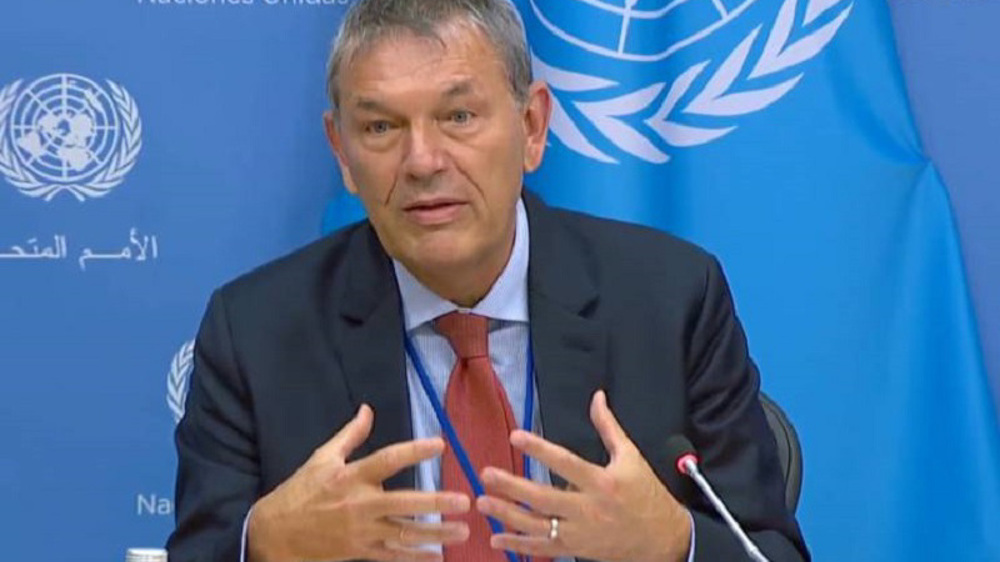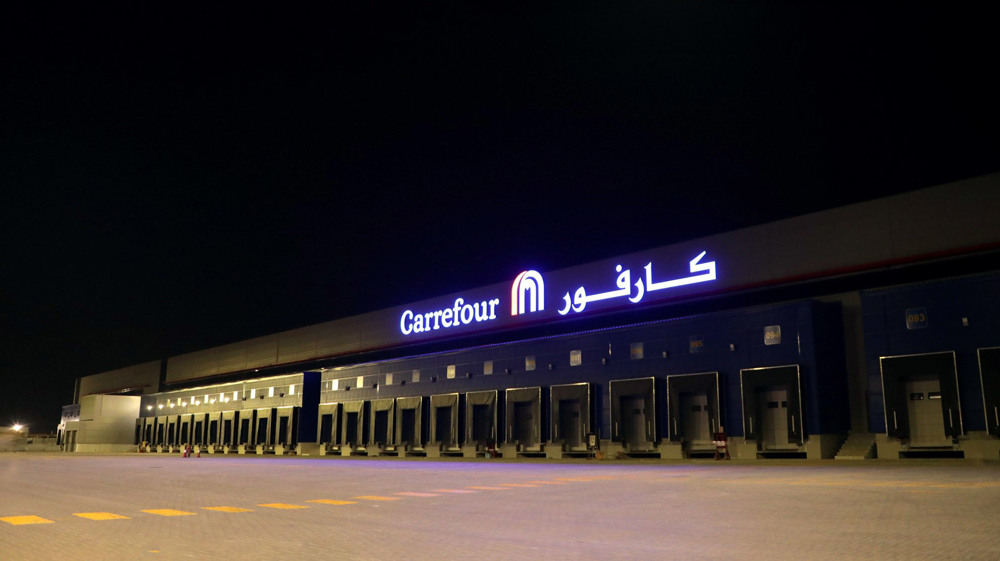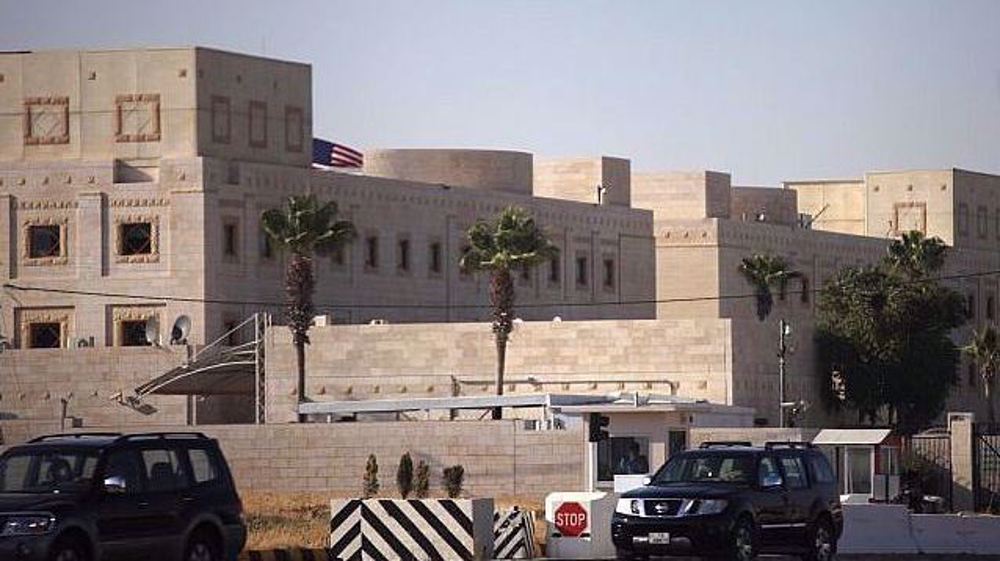Daesh exploiting loopholes in Mideast banking system: Report
Daesh is still making good money by exploiting loopholes in the Middle East’s foreign exchange system after seeing its illegal oil trade largely fizzle out, a UK parliamentary report says.
The new report by a panel of experts to a subcommittee of the UK parliament said Daesh is estimated to be making some $20 million out of foreign currency transactions.
According to the panel, the Takfiri terrorists are now using their operatives to channel Iraqi dinar funds from the city of Mosul into Jordanian banks and then back into Iraq.
On Saturday, the Iraqi army launched an operation to liberate Mosul which has long served as the main seat of Daesh in the country, a US official said.
David Butter, an associate fellow at Chatham House, said the US-led coalition needs to work closely and cooperatively with financial authorities in the Middle East in order to close the loopholes.
“There’s not a magic wand we can throw at this,” he said.
The coalition has been carrying out airstrikes inside Iraq since June 2014. US officials say the attacks target Daesh positions.
In December, the United Nations Security Council adopted a resolution aimed at clogging up the Takfiri group’s revenue stream.
The resolution threatened sanctions on parties buying oil from the terrorist group, and advised that countries resist its demands for ransom payments.
According to the IHS Conflict Monitor, Daesh pulls in around USD 80 million a month mainly from levies and confiscations, oil and gas sales, drug-smuggling, kidnapping for ransom and running small enterprises.
VIDEO | Paris pro-Palestine protesters call for stepping up aid to Gaza
VIDEO | Press TV's news headlines
VIDEO | Pro-Palestine rallies in Italy want end to Israel's genocidal policy
VIDEO | Israeli forces continue assault on Jenin for fifth day
VIDEO | Manchester demo demands release of jailed Palestine Action members
VIDEO | 'Conditions in Israeli prisons defy description'
Hamas believes West Bank to be ‘next’ theater of war between Israel, resistance
London hit by ‘shocking’ wave of Islamophobic hate crimes















 This makes it easy to access the Press TV website
This makes it easy to access the Press TV website